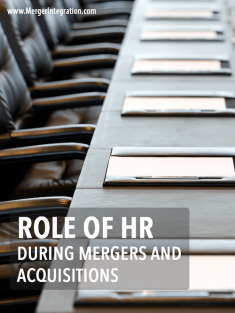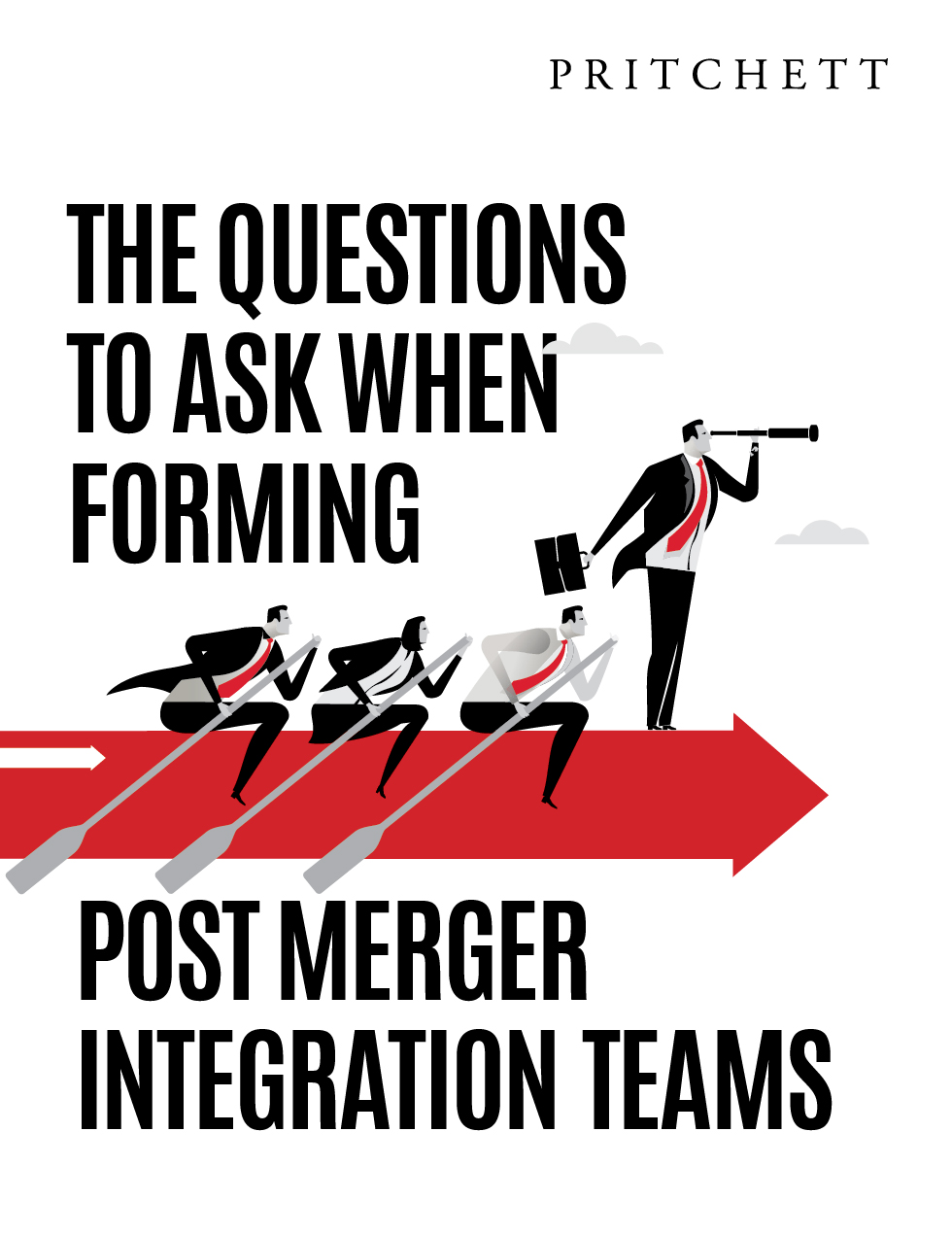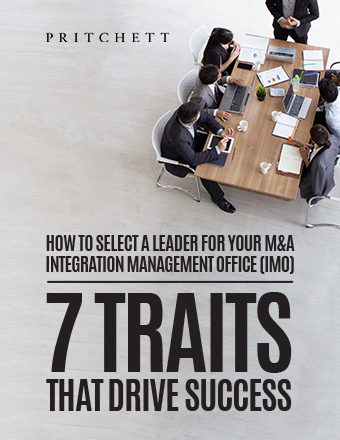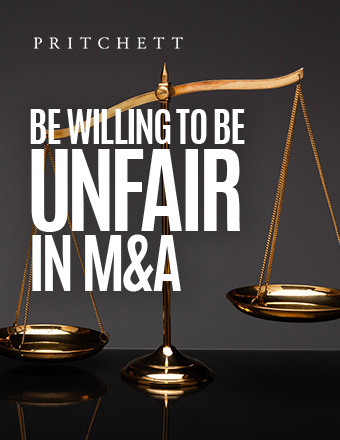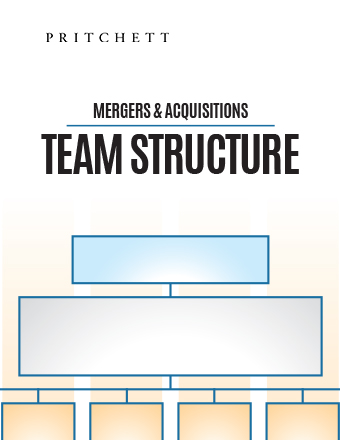Why doesn't HR carry more clout in M&A?
It should carry clout and it can.
I’ll explain how, but first let’s look at the problem.
CFO Magazine provides a troubling perspective. In the article titled “Debating HR’s Role in Deal-Making,” finance executives heavily devalue the contribution made by Human Resources in M&A scenarios.
(See chart).
 .
.
Keep in mind, now, that Finance is always front and center in deal making. Their opinions count!
Think the folks in Finance are biased? Ok, let's look at HR's role through a wide-angle lens. PRITCHETT's recent nationwide study on culture in M&A provides a very broad executive viewpoint. The results of our research show that, when it comes to addressing cultural matters in mergers, HR's sphere of influence is extremely small. Only 6% of the companies surveyed put HR in charge of culture assessment/integration. This is a troubling statistic, given that culture is commonly seen as the domain of HR.
So how can HR overcome the Rodney Dangerfield problem: "I don't get no respect!"?
- Preemptively prepare for M&A. Anticipate. Provide in-depth training for HR staff on the fundamentals of due diligence, merger integration strategy, how to reconcile culture differences, etc. Ensure that the HR Team is very sophisticated on merger dynamics and positioned to serve as a merger-savvy resource to people in other functions.
- Rethink HR's conventional wisdom on how success should be measured. HR is the guardian of workforce issues such as morale, trust, job satisfaction, stress levels, and employee loyalty, but those metrics will take wicked turns for the worse during a merger. Success is better measured by tracking productivity, quality, market share, customer satisfaction, and-above all-profitability. This is highly counterintuitive for HR people, but these are the critical markers for the integration process.
- Be commercial-minded. Remember-M&A is always based on a financial logic. Align with that mindset and monetize your thinking. Support HR's opinions, problem solving, and recommendations with sound financial reasoning rather than "soft," people-oriented appeals.
These three things are guaranteed to give HR a better seat at the table.

